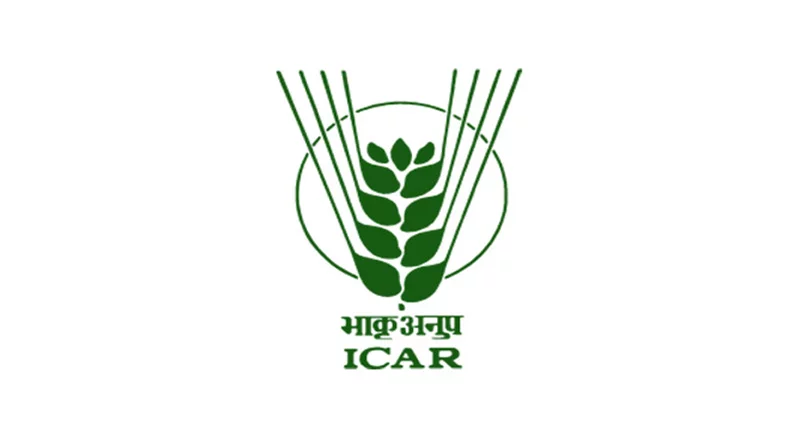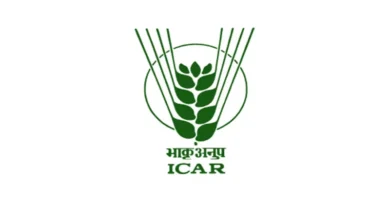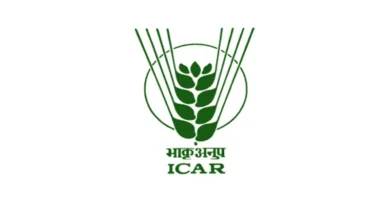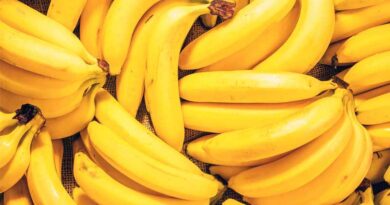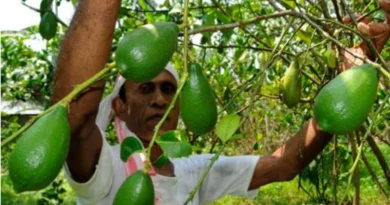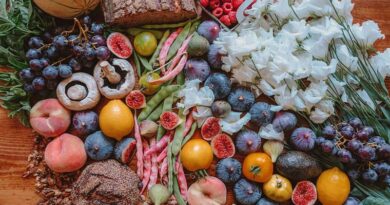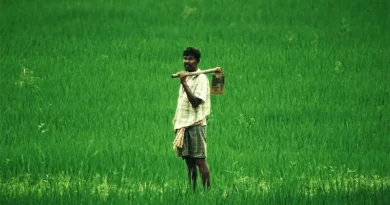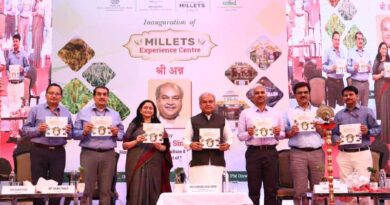Jamun Variety Goma Priyanka helps farmers earn Rs 2.5-3.5 lakh per hectare
15 March 2024, New Delhi: Jamun is a nutritious indigenous fruit with numerous valuable properties, including iron, sugars, minerals, protein, and carbohydrates. Its ripe fruits are eaten fresh and can be processed into various beverages like jelly, jam, squash, wine, vinegar, and pickles. Jamun fruit, with its spicy flavor, is a refreshing drink for summer. Its extracts have various pharmacological properties, including antibacterial, antifungal, antiviral, anti-inflammatory, cardioprotective, anti-allergic, anticancer, chemopreventive, radioprotective, free radical scavenging, antioxidant, hepatoprotective, anti-diarrheal, hypoglycemic, and antidiabetic effects.
In 2002, the Central Horticultural Experiment Station, Godhra, Gujarat, conducted extensive research on Jamun due to its significant health, economic security, and susceptibility to various disorders. The team developed the Goma Priyanka variety in 2010, and a large number of clonal germplasm of Jamun (72) were established at the field gene bank. The research aimed to develop new and improved varieties and production techniques suitable for semi-arid regions’ dry land conditions.
Research has led to the development of two Jamun varieties, Goma Priyanka and Goma Priyanka II. Goma Priyanka is popular among farmers due to its high yield, high pulp content, and small stature, making it ideal for high-density planting. Goma Pryanka, a popular variety among farmers, is known for its high yield (50-70kg/tree 10th year onwards, high pulp content (85-90%), less seed weight, prolific and regular bearer comparatively small in stature, making it ideal for high-density planting. It has expanded beyond Gujarat to Rajasthan, Karnataka, Madhya Pradesh, Chhattisgarh, Tamil Nadu, Maharashtra, Haryana, Punjab, Uttar Pradesh, and Andhra Pradesh.
Before 2009, no systematic orchards were available in western India. The ICAR-CIAH Regional Station is researching Jamun, a popular horticultural crop. Farmers across the country are starting large-scale block plantations, with over 800 procuring material from stations like VNR, Nursery, and Ambica Agro. This variety promises socio-economic prosperity and nutritional security.
The project has increased the dependence of farmers in India on their crop fields and management techniques, with states like Madhya Pradesh, Maharashtra, Rajasthan, Gujarat, Punjab, Karnataka, Tamil Nadu, Haryana, and Uttar Pradesh adopting the technology. The earnings from full-grown trees range from Rs. 250000 to Rs. 350,000 / ha. This initiative has motivated other farmers in semi-arid regions, creating a need for material supplies and opening opportunities for young farmers.
Also Read: No pump and no hassle with the new Demand® CS insecticide 10-gallon drum from Syngenta
(For Latest Agriculture News & Updates, follow Krishak Jagat on Google News)

